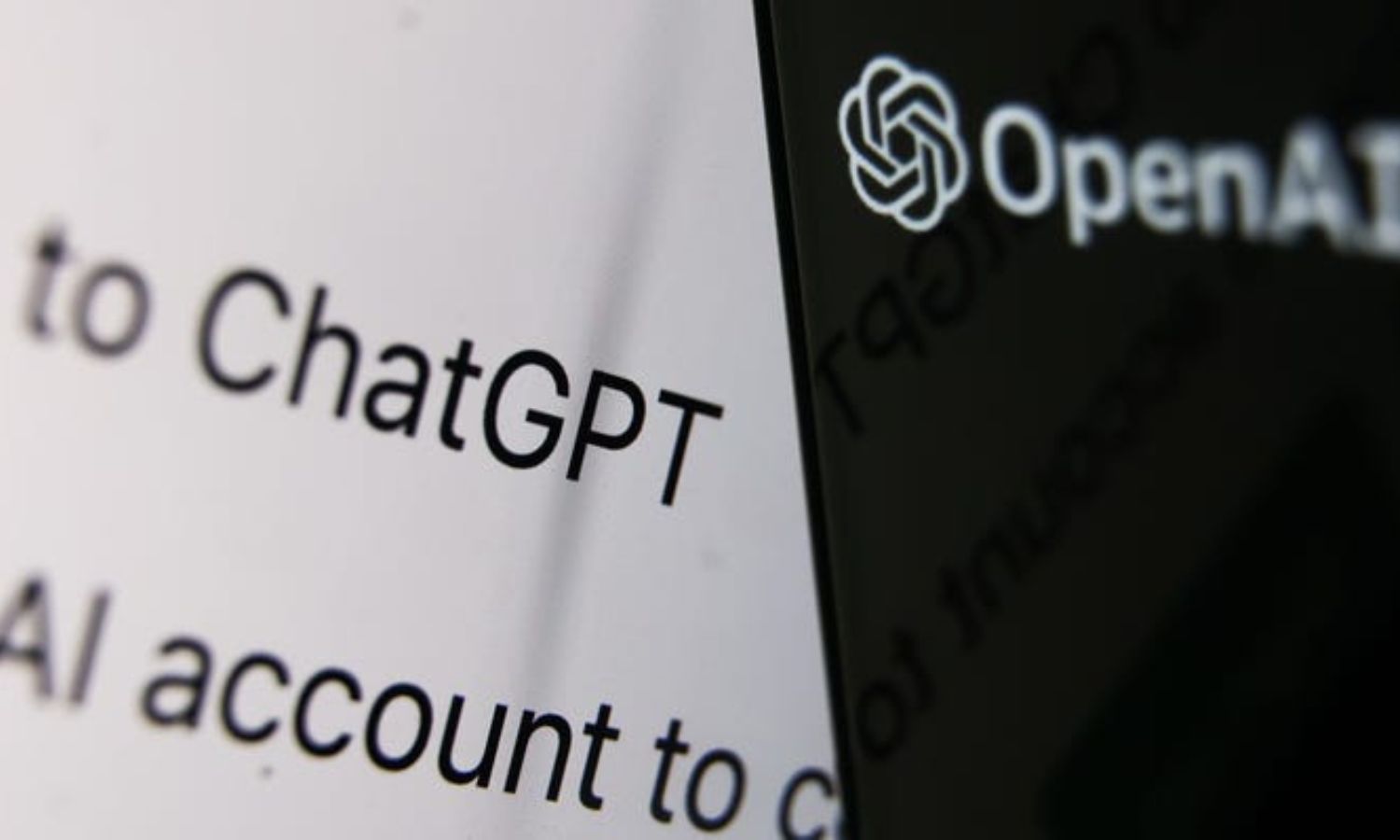ThisIt was set to be one of the biggest trends for 2023 and for one hot minute, it seemed everyone was jumping on the artificial intelligence virtual bandwagon. However, as fast as it gained traction, its flaws have been rapidly uncovered with some industries reeling from its unreliability and inaccuracies. But, when utilised, deployed and piloted properly, AI has the potential to revolutionise businesses by increasing their capacity and efficiency. But does it mean that staff will lose jobs, and are the robots really taking over? We asked our Professional Services Manager Andrew Harrison to shed some light on the AI zeitgeist and explain why it is most definitely the next big thing for tech.
Why has AI suddenly gained so much popularity in these last few months?
The technology has existed for a long time, but it was largely inaccessible for the average person. It was almost exclusively used in the world of developers to automate processes. All machine-based production is a form of AI, so this isn’t new, it just hasn’t been in a user-interface that has allowed easy access. Really, it was ChatGPT that has been responsible for this surge in users who are engaging in a way that was previously impossible. It’s been fascinating to watch how it was perceived as something scary and niche, but now everyone is finding ways to utilise and harness its powers for better business and personal outcomes.
ChatGPT isn’t necessarily the best language model out there, but it is being fed the most data and it has the most information. Currently free, ChatGPT has just begun to release a subscriber model to monetise it, not that they need it. Microsoft is ChatGPT’s majority investor and they have put in somewhere in the ballpark of $25 billion, with another $10 billion committed for future development. The original owners were a not for profit and they only have a 2% share. Microsoft are now looking to ramp up the capabilities of ChatGPT within Microsoft Outlook and Azure.
What industries are really embracing the technology and utilising it?
ChatGPT recently passed a physics exam that shows the power of these sorts of language models, hence the application quickly being banned by education institutions. They have identified the problem of students and teachers using the platform to generate essays, exams and lesson plans. Some universities have had to go back to a pen and paper exam model until they can find a way to ensure AI isn’t being used.
Where it is useful, and morally acceptable, is for businesses that need to generate a lot of content quickly that have similar parameters. A great example is real estate. Agents who would normally have to manually write several listings with x number of bathrooms, bedrooms and a home description can now feed the data into ChatGPT and generate multiple listings in minutes.

It is also helping chatbots to be actually useful. Previously you might close the chatbot window as soon as it popped up, but now, they are being fed so so much intel, you may not need to pick up the phone and deal with a real person. Chatbots now have the power to solve issues without them being manually actioned by a staff member.
In finance, artificial intelligence can use algorithms to flag transactions that don’t fit regular patterns for further inspection. While the insurance industry has been using automated processes for years to generate quotes and process claims, it can now be programmed to make complex underwriting decisions based in the information it receives.
It is also being embraced by writers, bloggers and editors as a way to rapidly suggest and generate long-form content, but it still needs to be heavily piloted for correctness and accuracy in these contexts. There is also the issue of transparency around the use of AI for content generation, especially if clients believe they are paying a rate based on human labour.
How is Evologic embracing AI technology?
So tech firms like ourselves are able to adapt this technology quickly and efficiently. ChatGPT is just one example of AI, but there are so many others. One we use is called pia, an intelligent automation platform that integrates with existing IT service management tools. It helps us speed up and simplify processes. Let’s say you’ve hired a new staff member and you need to create a new user across your networks, we can add in the name and get pia to trigger new user accounts, licenses, mailboxes and permissions.
ChatGPT is useful for generating scripts or what regular folk would call programming tasks to deploy orders across systems. For example, I need a PowerShell script to deploy a new printer connection to all workstations for a particular business, I can give the orders to ChatGPT and that script is developed without the need for manual programming. I can type what I want it to achieve and it delivers.
We also had an issue recently where we had file paths that were too long and this was blocking us from migrating those files to SharePoint. We asked ChatGPT to write a PowerShell script to shorten the files it identified as too long. This could have been worked out but with this automation, it dramatically reduces the time it takes to generate these scripts.

However, there are also some things AI can never replace, such as personalised communication and relationships. AI is not going to ask you how you are. One of our differentiators as a business is having access to the right people. When you call to speak to an engineer or your IT advisor, we want to keep that. Then again there are people who want to engage with us without having to talk to someone, and this gives us more options in those contexts.
Is there a danger of AI taking away jobs?
At Evologic, AI is helping us speed up processes for our clients, making our deliveries more consistent and improving efficiencies. It certainly isn’t taking away the need for staff. If anything, it is giving us more opportunity to scale. Clients want faster resolutions and this technology enables that.
Because some of those processes we performed manually can now be automated, we fired up our existing pool of staff to be proactive and identify new risks and opportunities. It enables us to continually improve our internal systems and culture as well as helping our clients increasing their capacity to do business. This could mean huge results from minimal investment.
If you’re worried about the robots taking over, the thing to remember is that AI still needs need be overseen by human operators. Machines still need to have people that fix the machines when they break down.
Evologic CEO Chris Davies believes AI technology should be embraced by businesses. “AI/ML is a tool to be used, not feared. It is already enabling humans to elevate their work from problem solving, to problem definition. While an AI answers the questions, it will still be a human that determines what questions to ask.”
Will AI replace writers and artists?
People forget that AI was designed by humans, and it is programmed and calibrated by data that was created by humans. All of the data within AI models already exists somewhere, so you could debate for hours that a writer using AI is technically using copyrighted material. Then again if a writer researches a topic using multiple sources and generates a piece based on that research, is that not the same thing? The models will get smarter, but human content will always have human error. Again, there needs to be someone real at the helm of these programs to ensure accuracy and originality. You can even run AI-generated content through AI-copyright checkers to check there is no copyright infringement.
While it can write a short story or a poem, it still has a distinct pattern without the capacity for creative decision-making. It is not capable of truly original thought. Recently, Nick Cave was presented with a song written by AI in his style, but he said that without human experience, the song had no real meaning. In a scathing review, he wrote “Songs arise out of suffering, by which I mean they are predicated upon the complex, internal human struggle of creation and, well, as far as I know, algorithms don’t feel. Data doesn’t suffer. ChatGPT has no inner being, it has been nowhere, it has endured nothing, it has not had the audacity to reach beyond its limitations, and hence it doesn’t have the capacity for a shared transcendent experience, as it has no limitations from which to transcend.”
True originality is perhaps best left to artists and human experience, but for the business world, this is a very exciting technological advancement that has only just begun.


